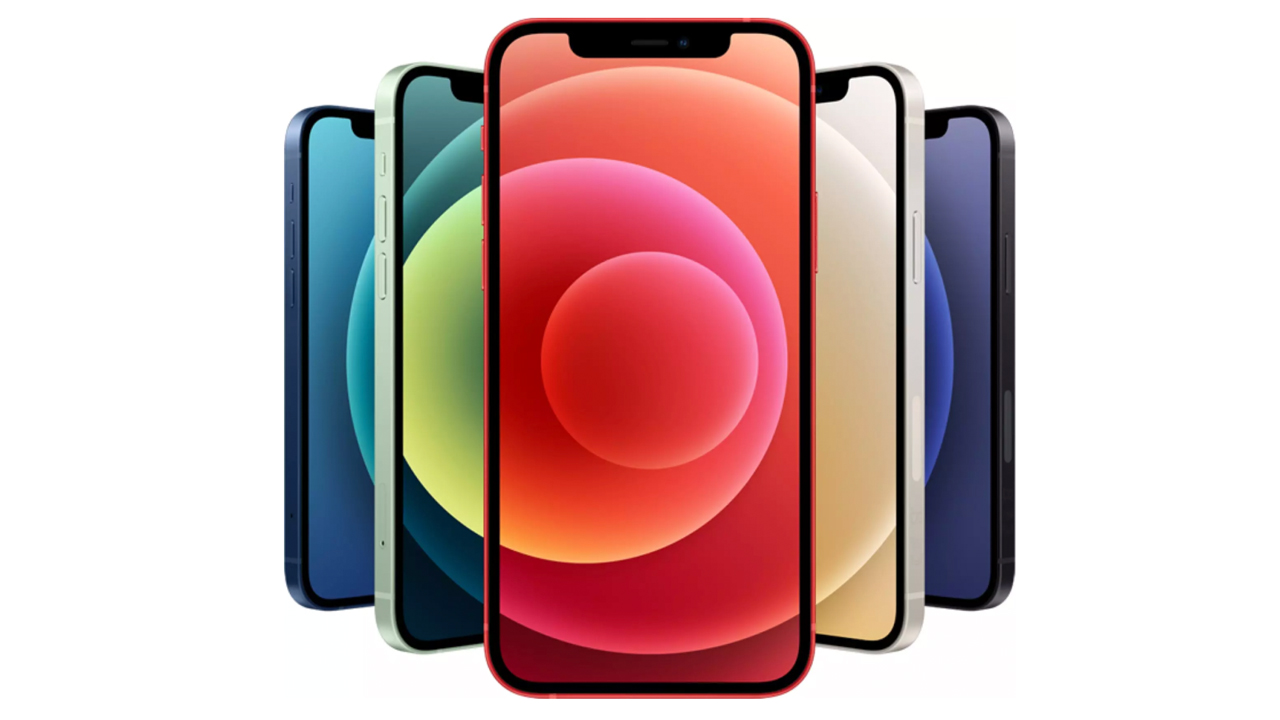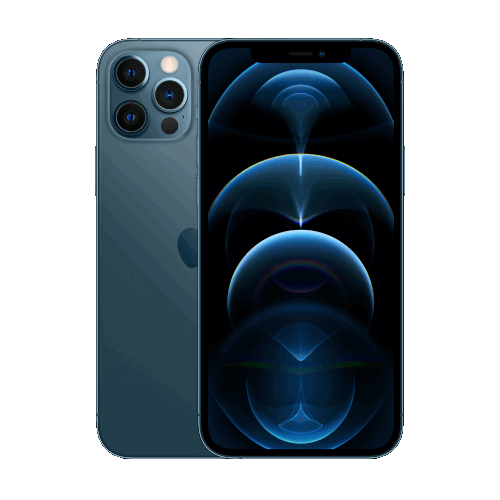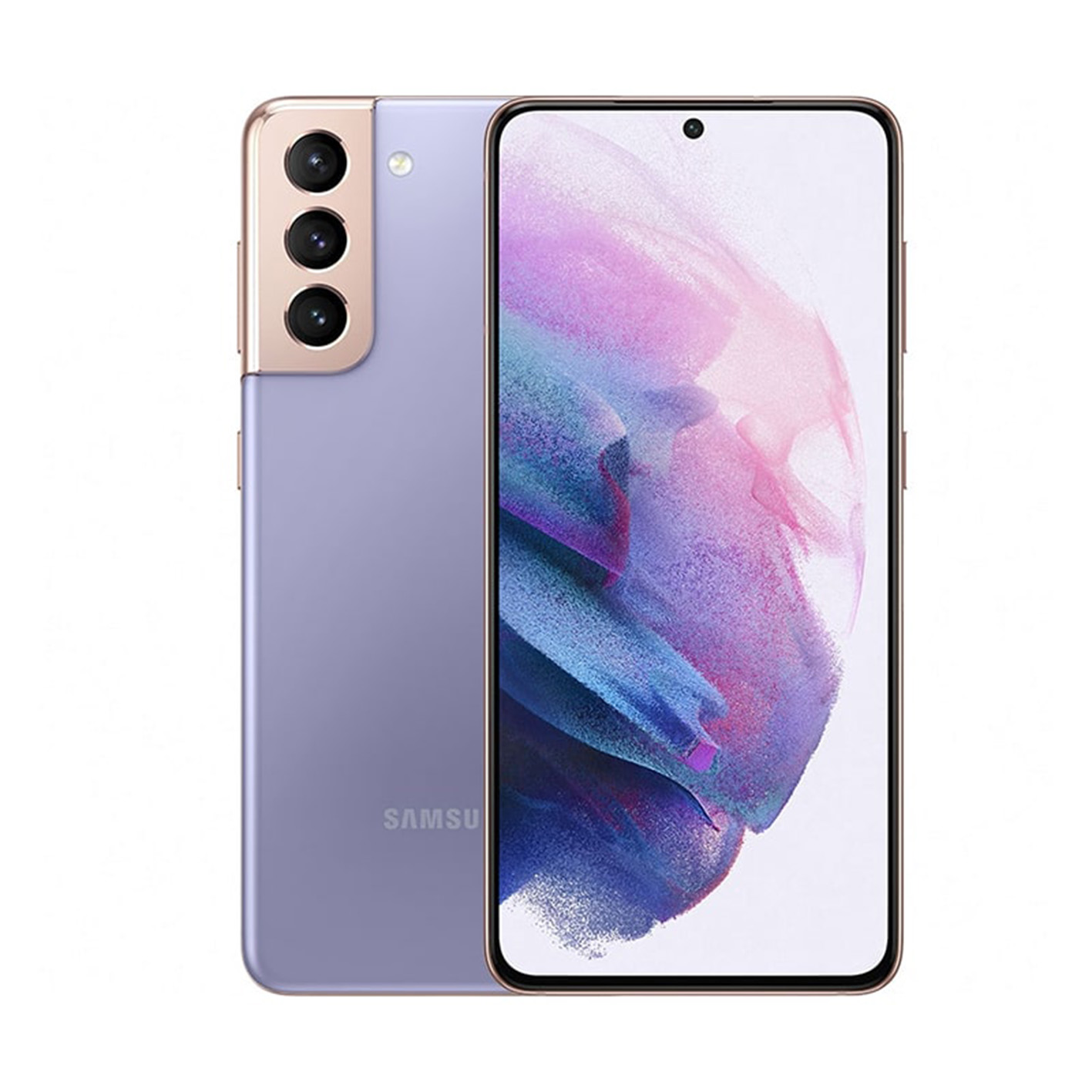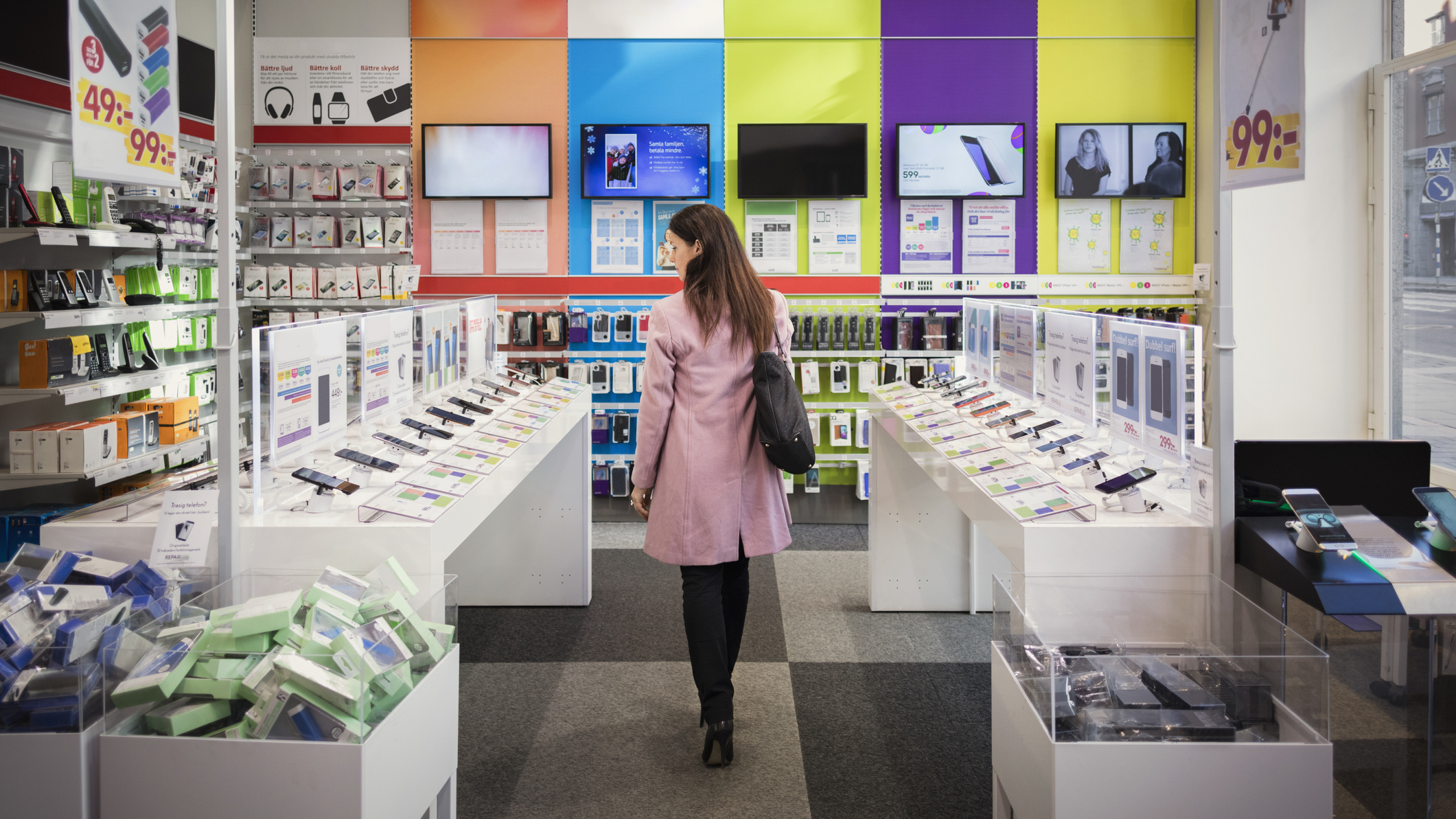iOS vs Android: We face a lot of choices in life: red pill or blue pill, chocolate or candy, cars or motorbikes. But some are more complicated and the iOS vs Android decision is just such a choice.
So you might have already looked at the best smartphones and are left more baffled than ever as Apple iOS powered iPhones line up against Android powered handsets from the likes of Samsung, OnePlus, Google, and more. The one thing you can be sure of, you can't have both.
While many people love Apple and iOS because of its clean and minimal design ethos, and myriad apps, others are all about Android. You can save a buck and get more bleeding-edge tech specs at the same time. Then there's battery life. But before we get into all that let's start with iOS.
iOS vs Android: Reasons to choose iOS
1. Get apps first
As the most popular smartphones in the world, iPhones tend to get new apps and games sooner than Android smartphones, as developers with limited resources aim for the largest slice of the pie first. In truth, this disparity isn’t as bad as it once was thanks to the rise of Samsung smartphones which now compete with iPhones in terms of popularity, but it does still exist.
This means that some apps will come to iOS devices first and Android phones later, while others may end up staying exclusive to iOS. In general though, we’d say Apple is losing ground on this advantage with every new smartphone generation as its relative market share comes down with increased competition.
2. More accessories available
Another symptom of iPhones and their stunning popularity is the prevalence of third party accessories for them. Wander into any electronics store and you’ll surely find a whole manner of cases, screen protectors and other accessories for the latest iPhone. Not to mention the mountains of official add-ons that Apple itself sells - protective cases, stands, wireless earbuds.
The most popular Android devices have their fair share of extras available too, but you’ll struggle to find accessories for many of the more niche products out there - there are simply too many different models with varying shapes and sizes, so it just doesn’t make sense for companies to make accessories for all but the most popular of them. With an iPhone, you know your accessory needs will be met and then some.

3. Reliable updates
When Apple updates its operating system, that update is pushed out to every compatible iPhone automatically, which means that if you’re connected to the internet, your iPhone will be on the most up to date version of the iOS software.
Android updates are a little bit more hit and miss. With so many devices out there, the chances of the latest Android update being compatible with your older devices shrinks. You may also have to manually update your device, the alerts for which can go ignored or unseen for quite some time.
OK, so you've chosen to go with an iOS device, but which iPhone should you buy? Check out our guide to help you choose the right Apple device for you.
4. Unbeatable design
For anyone concerned about how fashionable their smartphone looks, Apple's iPhones are the de facto choice. They look fantastic, and more importantly they have a uniform style that makes them instantly recognizable. It's fair to say most people can probably spot an iPhone even without the logo – the design is that iconic.
They're not all style and no substance though - iPhones are solidly built (more so since the iPhone 12 iteration), the operating system is super minimal, making it easy to use, and everything just works.

Reasons to choose Android
1. Greater variety of smartphones
As we mentioned earlier, Android is the operating system for basically every smartphone that isn’t manufactured by Apple. This means you have a much greater variety of choice when you’re choosing your handset. If you want to use iOS, you have a handful of very similar iPhones to choose from, like the iPhone 11 and iPhone SE. But if you choose Android, you can pick up a handset from Samsung, Sony, OnePlus, Google, and many more different manufacturers.
While Android phones are all similar at their core, each manufacturer builds their handset a little differently and makes alterations and improvements over the core Android experience. With more variety, you’re more likely to find the smartphone that’s perfect for you, rather than being forced to settle.
2. USB-C charging is universal
This is a big one for us. Modern android devices are all charged using a USB-C charging cable which means that the charger for a Google Pixel 4XL will work with a Samsung Galaxy S20 or a OnePlus 8. Apple phones use a proprietary charger that will only work with other Apple devices. This means that if you’re out at a friends house and you run out of battery, you’ll be able to borrow their charger.

3. Ultra-cheap smartphones available
Apple has gotten much better when it comes to budget smartphones in recent years, with the iPhone SE offering frankly staggering value at $400. But $400 is still a fair chunk of cash and it’s the cheapest smartphone that Apple offers. Android devices have a much lower price floor, with some budget Android smartphones coming in at $50 or under.
If you do decide to go with an Android phone, which Android phone should you buy? Our handy guide will walk you through the best options out there today.
4. Battery life is better
There, we said it. Battery life is better on Android. That's not the same for all Android phones but many larger battery options are available and they can last for days where an iPhone typically tops out at a day. In an age where battery life is more important than ever, as we use our phones for everything, this could be a big sway for lots of people.
Granted, both types of phone now charge faster than ever, making this less of an issue. But for those that want the longevity to go all day and overnight, without carrying a charger around, then Android is the way to go.
iOS or Android? Which is best for you?
We’ve outlined the pros and cons for each smartphone operating system, but the choice of which is best for you really is down to what you value most? For some, none of the above matters and they simply prefer the layout or styling of iOS or Android.
If you value choice and customization then Android is probably the way to go, but if you want a familiar and reliable operating system then maybe swing towards Apple and iOS.

